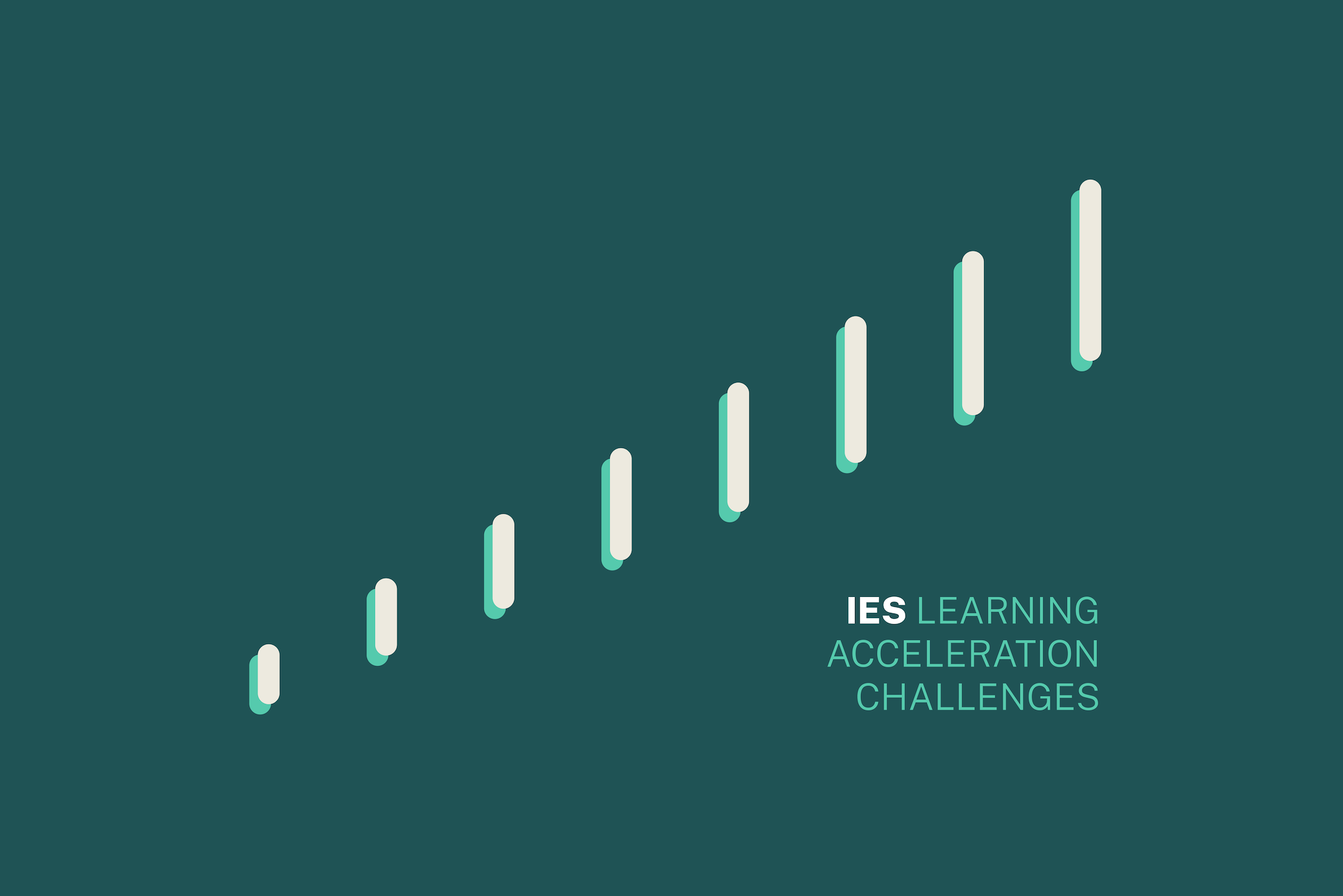Two concurrent challenges will create, deploy, and assess interventions to close the STEM achievement gap.
Basic math and science knowledge forms a foundation for future learning and is essential for life and work, no matter what career path you choose. Even before 2020, many American students — particularly students with disabilities and other students historically underserved by educational systems — faced barriers to attaining these skills. But the coronavirus pandemic has exacerbated learning loss, and without effective interventions, experts fear the STEM achievement gap will continue to widen. The need for solutions is both urgent and profound: To ensure prosperity and opportunity for all, the U.S. must advance math and science achievement for students who need the most support.
This week, we’re delighted to announce that Luminary Labs will design and produce the IES Learning Acceleration Challenges on behalf of the Institute of Education Sciences, the statistics, research, and evaluation arm of the U.S. Department of Education. This contract is part of the Department’s Experimental Design and Advanced Research Projects Accelerator (ED ARPA). Though Luminary Labs has worked with the Department since 2014, this is our first engagement with IES.
The series will consist of two concurrent challenges with accelerated timelines. One will address science achievement for lower-performing students in the middle grades; one will address mathematics achievement for students with disabilities in the upper elementary grades. Both challenges will incentivize the creation of effective, validated interventions.
We are honored to bring more than a decade of experience in open innovation — including deep expertise in the future of work and education — to these fast-paced challenges in elementary and middle-school STEM education. Luminary Labs plans to work with NWEA, which will serve as the assessment provider and also provide support in the design of each challenge and the evaluation of results. We will also augment our team with subject matter experts in science, mathematics, assessment, interventions, evaluation, and education for students with disabilities.
In a recent blog post, IES Director Mark Schneider said the challenges would aim to “spur new thinking about how to improve student performance and encourage the participation of developers and program providers who are willing to systematically test the effectiveness of their interventions.” As organizations increasingly look to open innovation for real solutions to important problems, we are particularly energized by this opportunity to rapidly source, deploy, validate, and scale effective interventions.

